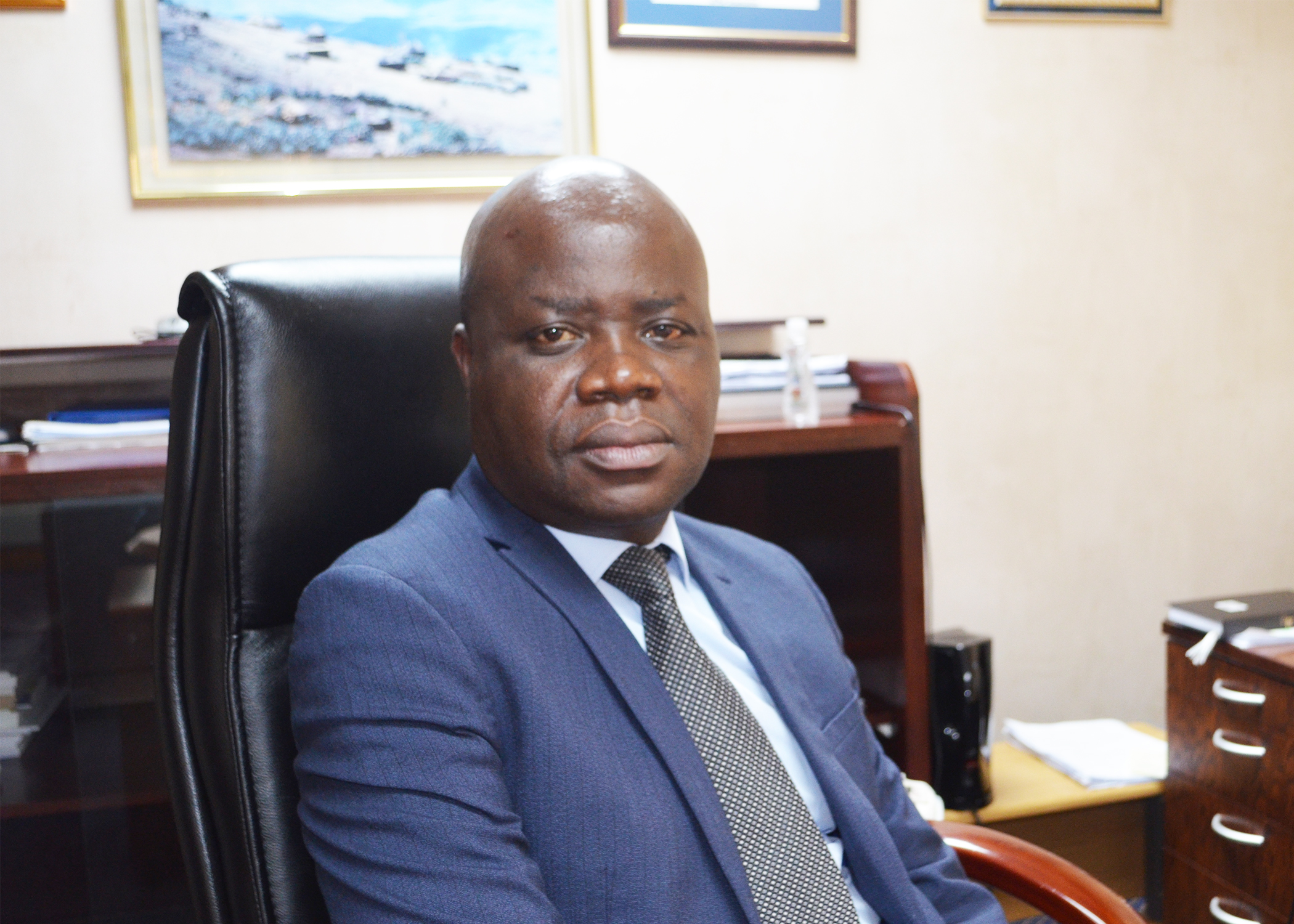Nthatuoa Koeshe
The World Health Organisation (WHO) says the pandemic is not over yet and encourages people to continue listening to the health authorities, the leadership and reliable media sources for their collective health.
This was said by WHO’s Representative to Lesotho, Dr. Richard Banda in an interview with Newsday this week where indicated that there is still a need to get at least 70% of the country’s total population (about 2.1million) to be vaccinated.
“We know many people are tired of the pandemic. But no country is safe until every country is safe. The pandemic is not over yet. We still need to get at least 70% of the total population vaccinated.â€
Dr Banda said there is still a lot of work to be done adding that they still need to continue masking, physical distancing, ensuring proper ventilation, and hand hygiene.
“If we continue to do that, we will be ready for the next Covid-19 wave but if we stop doing that too soon, we will be wasting the lessons we have learned from the past two years of living with the pandemic,†he said.
He said it should be emphasised that the first doses of Covid-19 vaccine have the greatest impact on reducing the number of new cases, severity of the virus, hospitalisation and deaths.
“The vast majority of current hospitalisations occur in unvaccinated people,†he said, adding that the primary objective therefore is to achieve high vaccination coverage of fully vaccinated individuals (with 1st and 2nddoses) before going for booster doses.
“However, evidence shows that booster doses provide additional protection, especially for high-priority groups and not necessarily everyone. Introducing booster doses is at the discretion of the Government based on what it deems the best interest for its citizens,†he said.
Asked about the high death predictions which were predicted by epidemiologists who were brought by WHO to Lesotho, Banda said the predictions were generated from mathematical models using the most accurate scientific and epidemiological data available at that moment.
He said as such the quality of data is a key parameter in predictive models and that Covid-19 was never known before 2019.
“It was a brand-new virus whose behaviour had not yet been studied and good quality data were very limited worldwide. The pandemic had created an unprecedented situation, with conditions that have never existed before. However, mathematical models are very useful for response purposes and sensitisation of the community to be well prepared so as to prevent the worst-case scenario,†he said.
He said the mentioned numbers were not realised because the model provided a spectrum of possible scenarios.
“Many assumptions are made prior to building a model. Which scenario ultimately materialises depends on the assumptions which have been met,†he said.
He said as the outbreak evolved, new scientific knowledge was generated, therapeutics developed, while vaccines emerged, adding that sources and modes of disease transmission became better characterised and better understood.
“These developments led to evaluation of the strategies to control the pandemic. Therefore, model assumptions are continuously being adjusted as new data strategies become available and as the outbreak situation evolves,†he said.
At the time, predictions had been put at numbers in thousands which would be swept away in the wrath of the pandemic of worst degrees in modern-day.
Banda commended the government of Lesotho for its efforts and hard work to protect Basotho and contain the spread of the virus.
“WHO-recommended public health measures were put in place by the government which to us exemplifies commitment by the leadership at political, technical and local levels to combat the virus,†he said.
He said it must be noted also that the pandemic crisis that has affected every sector and ending it does not depend on the leadership alone since “…every sector, every individual including the media must be involved in the fight. We therefore encourage people to continue listening to the health authorities, the leadership and reliable media sources for our collective health.â€
Currently, Lesotho has tested 415 820 people and thus far, there are 32 775 people who tested positive. Records reveal that 23 902 people recovered while deaths mounted to 697. The numbers have lately not been spiralling up like they used to in the past and this has resulted to people assuming that Covid-19 has past.
According to Reuters Covid-19 tracker, Lesotho has administered at least 926 760 doses of Covid-19 vaccines so far.




